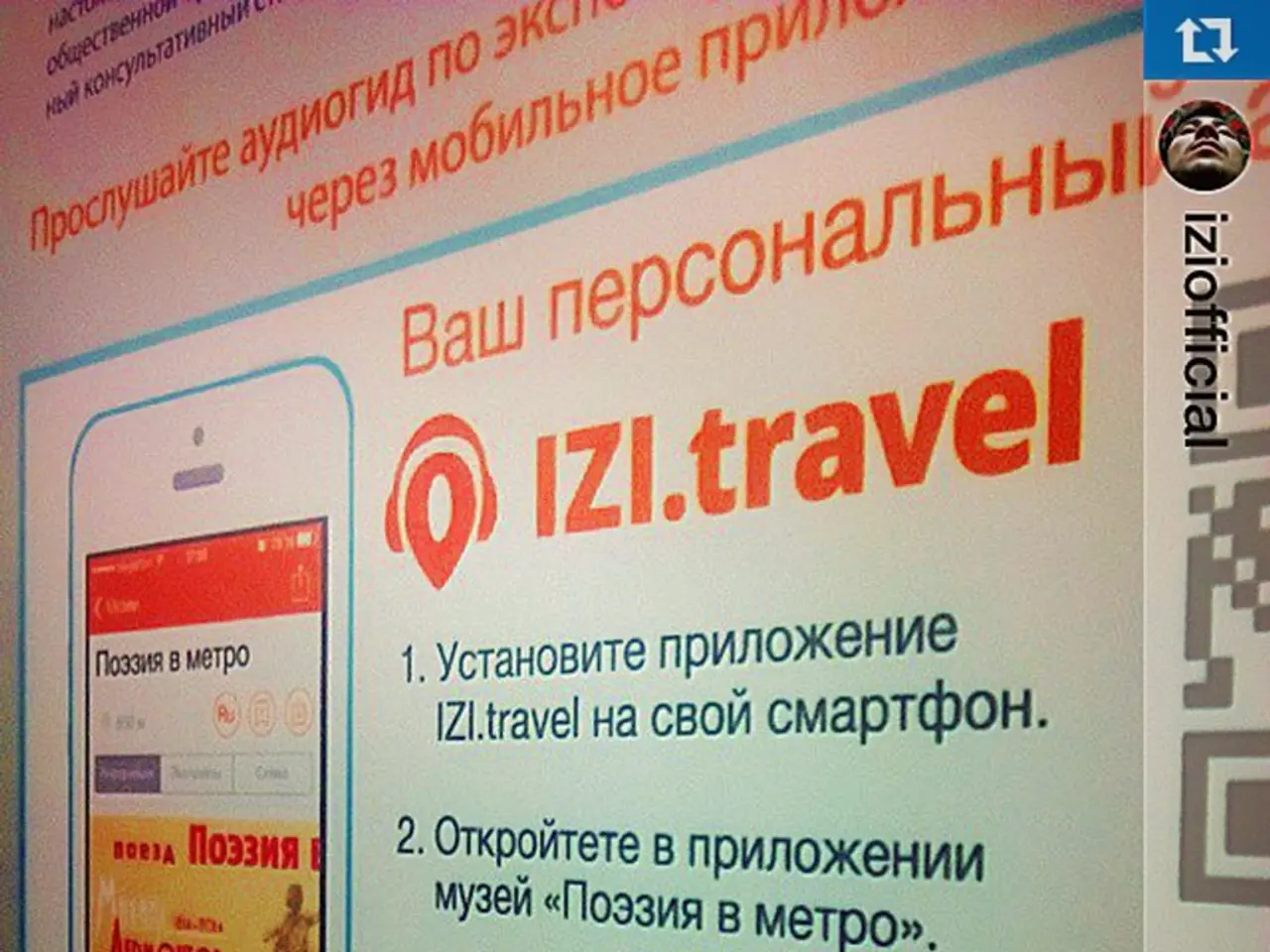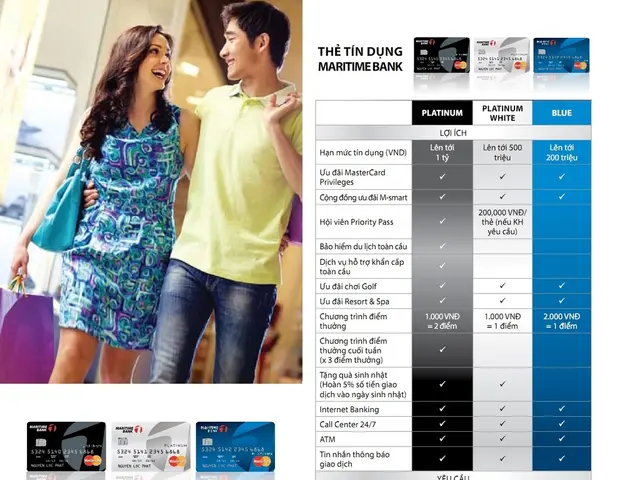Google Enforces GGL Certification for Advertisements of Gambling in Germany
In the digital landscape of Germany, a significant change is underway. The Gemeinsame Glücksspielbehörde der Länder (GGL), the Joint Gambling Authority of Germany, has recently implemented new regulations aimed at enhancing transparency, protecting players, and combating illegal gambling activities.
New Advertising Landscape for Gambling Operators
The new regulations have introduced stricter advertising rules for online gambling. For instance, there is a ban on advertising to minors, a critical measure aimed at safeguarding vulnerable populations. The current regulatory framework also imposes strict advertising rules to ensure that gambling is promoted responsibly and in compliance with legal standards.
Certification and Compliance
While the GGL's certification process is not explicitly detailed in the recent regulations, it underscores the importance of licensing and compliance with the Interstate Treaty on Gambling (GlüStV 2021). Operators must adhere to specific limits, such as the €1 stake limit on online slots and a €1,000 monthly deposit cap, to ensure they can operate legally in Germany.
Impact on the Advertising Landscape
The impact of these regulations on the advertising landscape is substantial. The focus on responsible gambling and strict advertising rules means that operators must be cautious in how they promote their services. This includes avoiding any form of advertising that could be seen as enticing minors or encouraging excessive gambling behavior.
Challenges Ahead
Despite these regulations, the illegal gambling market remains a significant challenge. The GGL estimates that unlicensed operators account for a substantial portion of all gambling activity. This suggests that while the advertising regulations are stringent, their effectiveness in curbing illegal activities is still a point of concern.
The regulatory pressure has contributed to a decline in the German gambling market, with total stakes dropping in Q2 2025. This decline reflects both the impact of stricter regulations and the ongoing challenges in fully channeling gambling activity into the regulated sector.
In conclusion, the new advertising regulations for gambling operators in Germany focus on responsible advertising practices and strict compliance with regulatory standards. However, these efforts are challenged by the persistence of illegal gambling activities and the ongoing need to balance regulation with market growth.
This shift in Germany's gambling regulations is part of a broader global movement toward tightening regulations in the gambling industry, with a particular focus on digital advertising. Tech companies like Facebook and Twitter may follow Google's lead in tightening gambling advertising regulations, further limiting marketing opportunities for unlicensed operators. The policy revision, which takes effect on September 25, 2024, provides a powerful incentive for operators to obtain a GGL license, potentially leading to a safer gambling environment.
Sports betting operators must adjust their advertising strategies to comply with the new regulations, avoiding any forms of advertising that may appeal to minors or encourage excessive gambling behavior. The casino and gambling industry in Germany is undergoing significant changes, with the implementation of stricter advertising rules aimed at enhancing transparency and protecting players, and possibly influencing other countries' regulations in the gambling industry, such as those enforced by tech companies like Facebook and Twitter.




